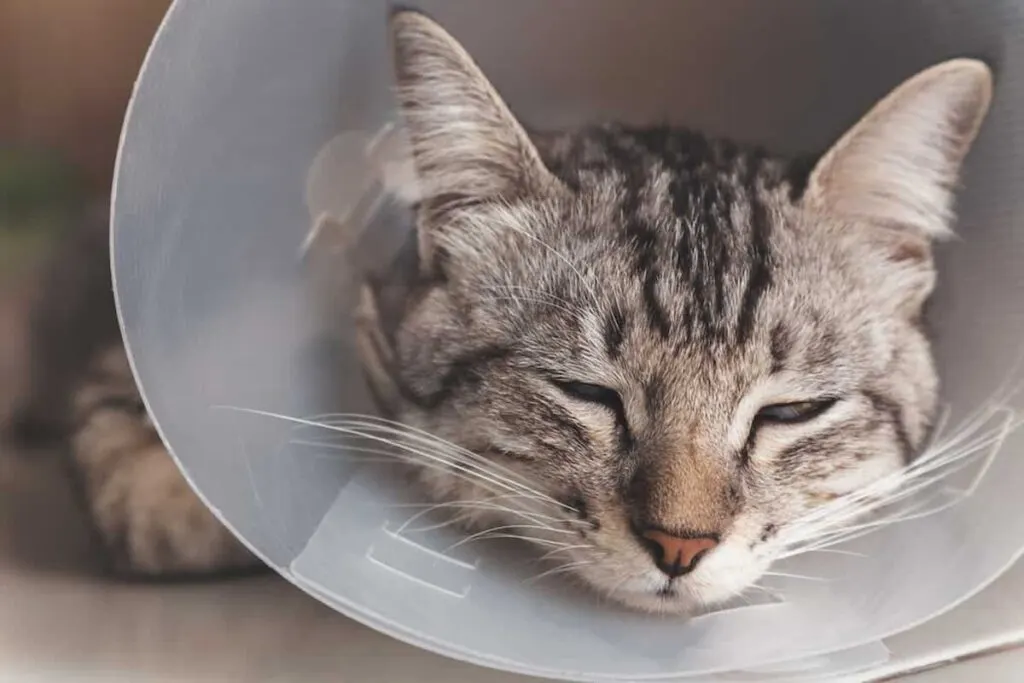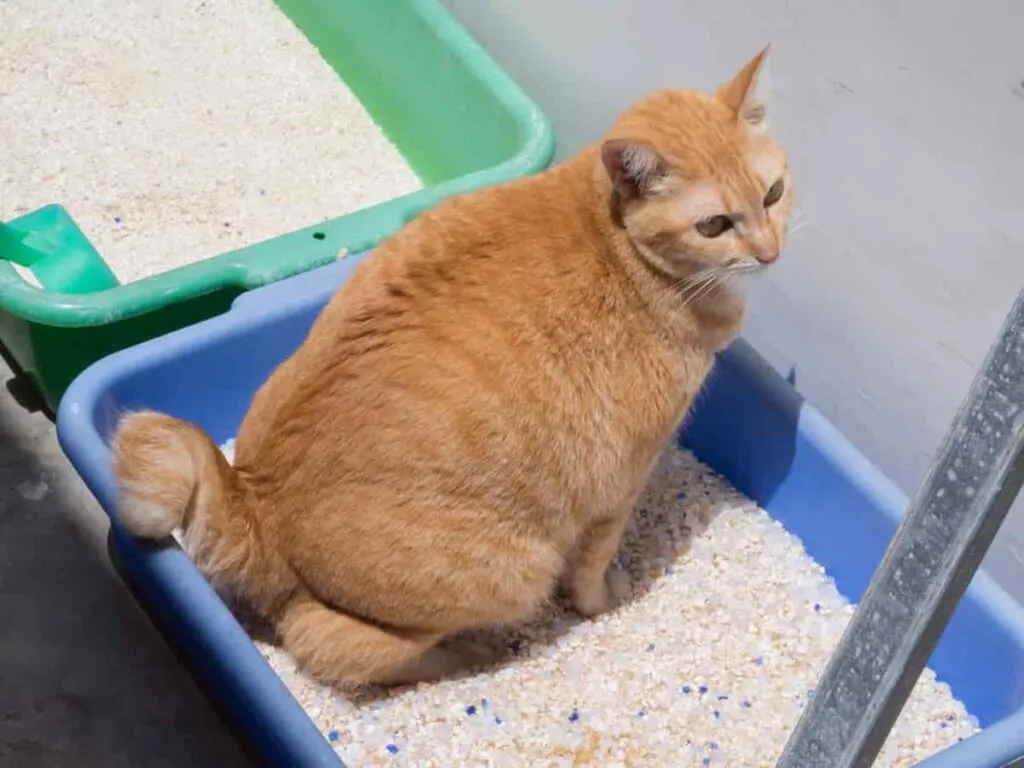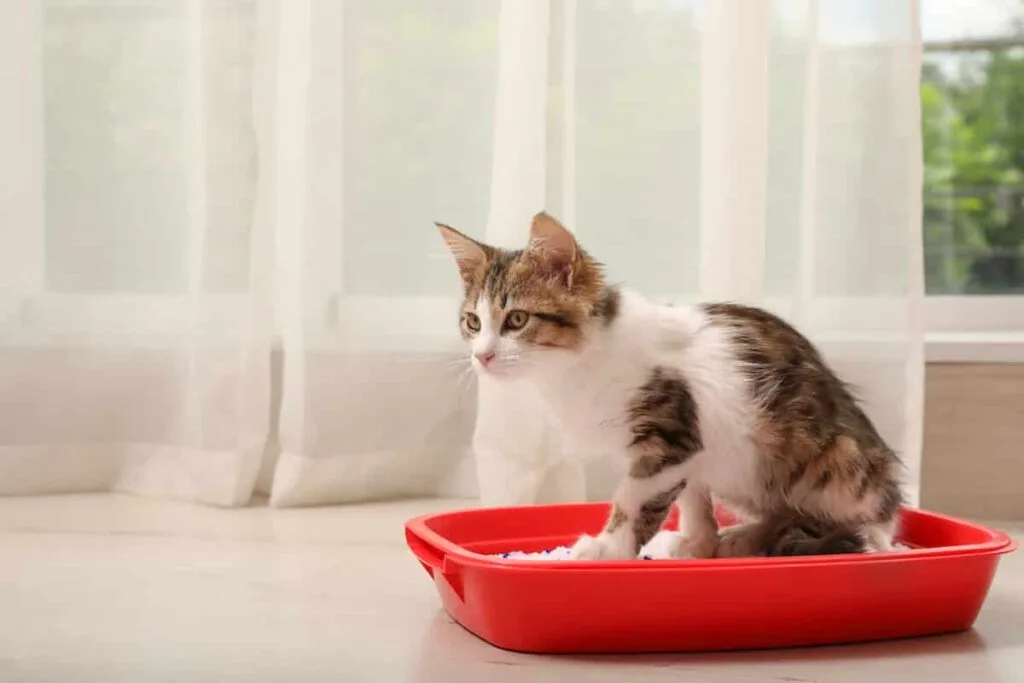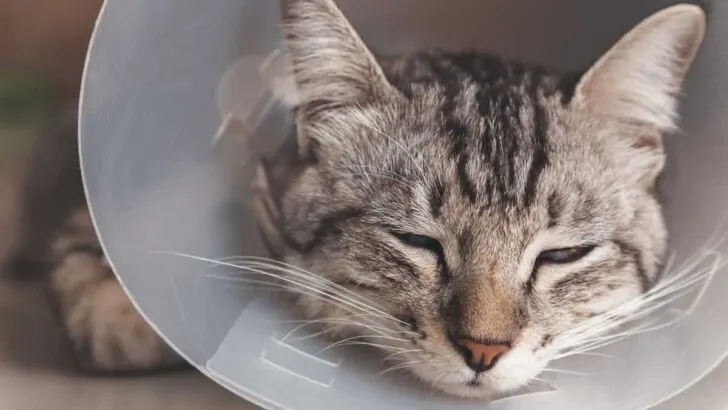As a cat owner, I’ve always been curious about how my feline friends pee once they’ve been neutered. It’s a common question often in conversations with fellow pet parents. The mystery surrounding the post-neutering urination habits of our furry companions never ceases to amaze me!
Imagine my surprise when I discovered that, contrary to popular myth, male cats can still get a female cat pregnant in the first few weeks after neutering. However, one notable change is the smell of their urine – it’s significantly less pungent than that of an intact male. Join me as we delve into the fascinating world of post-neutering cat urination habits!

How Cats Pee After Neutering
As a cat owner, I’m often asked how a cat’s urination changes after being neutered. Let me share my findings on this topic based on my research and personal experiences as a cat owner.
Initial Recovery Phase
After my cat was neutered, I noticed his peeing habits changed during the initial recovery phase. This is common since cats are recovering from anesthesia and adjusting to the surgery.
In this phase, I observed that my cat’s peeing frequency might have slightly increased because of the impact of anesthesia. Many other cat owners have experienced much of the same.
To avoid infections, I needed to keep his environment clean and monitor his litter box habits during this time.
Returning to Normal Urination
My cat’s peeing habits were normal within a week after the surgery.
Simple neuter healing usually takes 5-7 days. After this period, my cat resumed his regular frequency and volume of urination. It was important to ensure that he had access to a clean litter box to reduce any chances of post-surgical complications.
Possible Changes in Urination Behavior
One of the main reasons for neutering a cat is to reduce or eliminate urine marking, which is when they spray urine to mark their territory. My cat stopped spraying soon after being neutered, making our home environment more pleasant. Cats neutered around the age of 5-6 months – when they reach sexual maturity – usually do not spray.
However, it’s good to be aware that some cats might still experience changes in their urination behavior after neutering due to other factors such as health issues or stress.
In such cases, cats could urinate outside their litter box. As a cat owner, I believe monitoring any changes in my cat’s health is essential, and consult a veterinarian if needed.

Common Concerns and Misconceptions
In this section, I’ll address some common concerns and misconceptions people might have regarding their cat’s peeing habits after being neutered.
Urinary Tract Infections
Many people might worry about their cat developing urinary tract infections (UTIs) after being neutered.
While it’s always important to watch out for your furry friend’s health, UTIs are generally unrelated to the neutering process.
Instead, UTIs typically arise due to other factors like kidney disease, diabetes, or bladder stones. Suppose your cat is peeing more frequently, straining, avoiding the litter box, or experiencing pain while urinating after neutering. In that case, visiting the vet as soon as possible is advisable.
Spraying vs. Regular Urination
There’s often confusion over the difference between spraying and regular urination in cats, especially after neutering.
Spraying is a marking behavior through which cats (usually un-neutered males) mark their territory or signal that they’re sexually available. However, neutering a cat at around 5-6 months dramatically reduces its probability of exhibiting this behavior.

What To Do If Your Cat Is Not Peeing Normally After Neutering
First, I always closely watch my cat after the neutering procedure to ensure they’re recovering smoothly. If my cat is not peeing normally, I swiftly address the situation. After all, our furry friends rely on us for their well-being!
From my experience and research, I’ve learned that some cats can experience urine retention after a neutering procedure, especially if they’re on pain meds like buprenorphine. This side effect usually dissipates within a day, so I don’t panic immediately. However, if the issue persists, I consult my vet for guidance.
Another thing I found helpful is to make sure my cat is comfortable during the recovery period. I provide a peaceful and secure environment, turning off the lights and placing them in a dark, enclosed space like a bathroom or laundry room. Accessibility to fresh water, food, and a clean litter box is essential. Cats may hide while they recover, so providing a cozy retreat can help them feel at ease.
As a responsible pet parent, I also consider possible changes in my cat’s litter box habits. They might be particular about their litter type, so I ensure no sudden change could discourage them from using the litter box. If that doesn’t work, I don’t hesitate to contact my vet, as addressing any issues early on is crucial.
In cases where my cat experiences a urinary blockage, I know immediate veterinary care is crucial. Treatment may include catheterization, IV fluid therapy, pain medications, or antispasmodic prescriptions to help them heal swiftly. The veterinarian will also determine if a special urinary diet is necessary. Remember, our feline friends count on us to care for them and keep them healthy!

My name is James, and welcome to FAQCats!
Along with our team of cat owners, expert pet enthusiasts, and pet professionals, we aim to write engaging helpful, engaging content about cats. At FAQCats we strive to provide content that’s accurate and fun to read. Our team writes about everything related to cats; even the most complex of topics. Through extensive research and caring for our own fur-pals, we’re able to provide something cat owners worldwide will love. Have a look around, and leave us feedback anytime!

